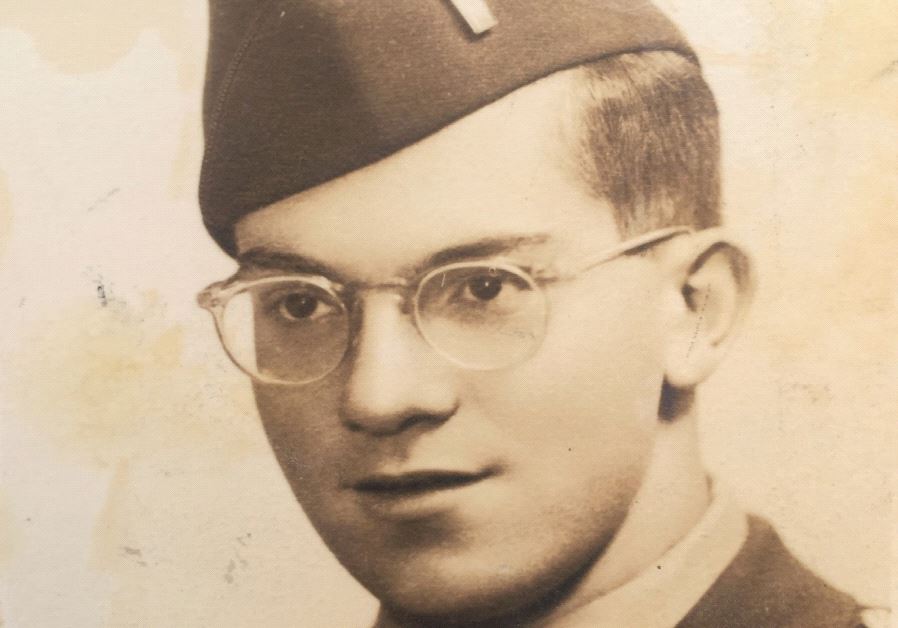A hero of two armies: From the front lines of WWII to Israel's War of Independence
“I was really ‘born’ in Jerusalem,” Brodetzky insists. “My soul has always been intertwined there.”
 Lt. Moshe Brodetzky during his service in the US Army, 1944(photo credit: BRODETZKY FAMILY)Updated:
Lt. Moshe Brodetzky during his service in the US Army, 1944(photo credit: BRODETZKY FAMILY)Updated: